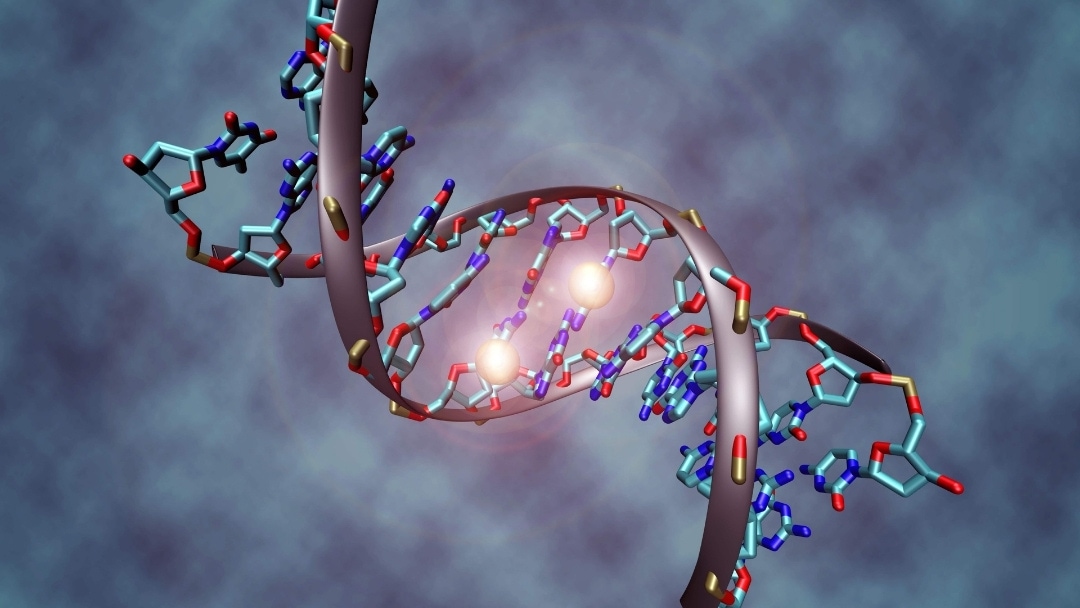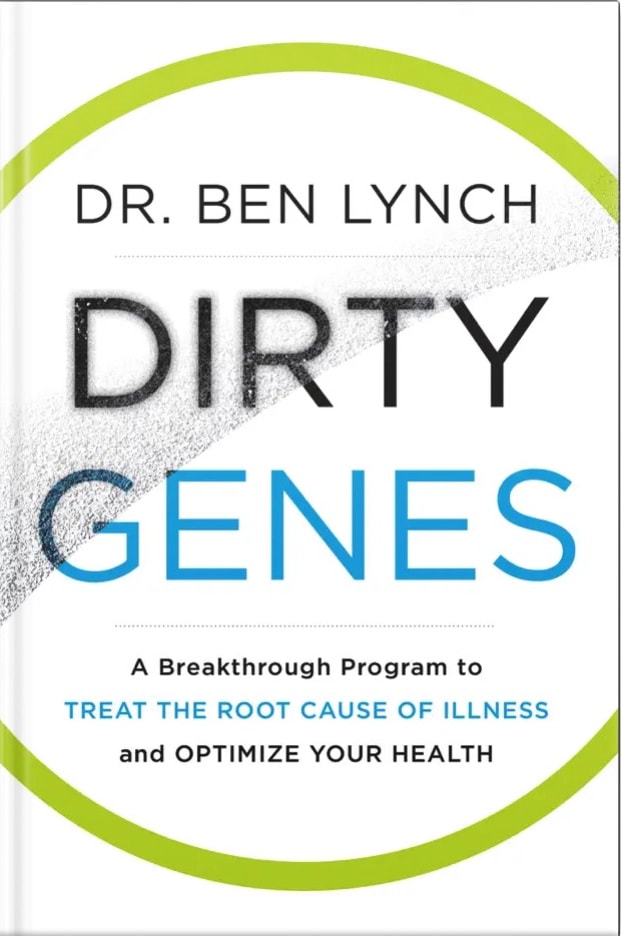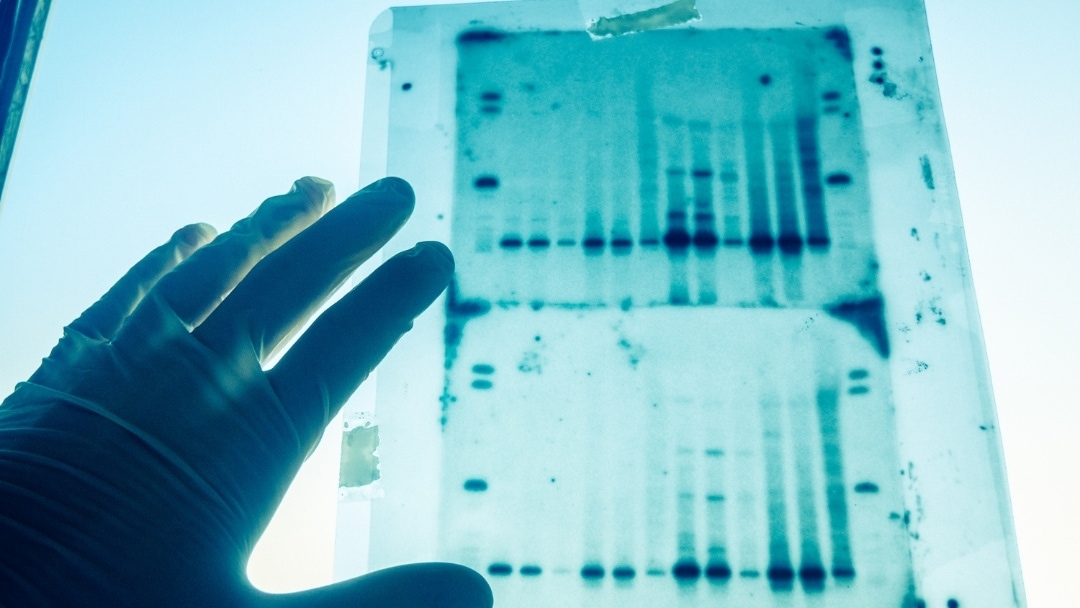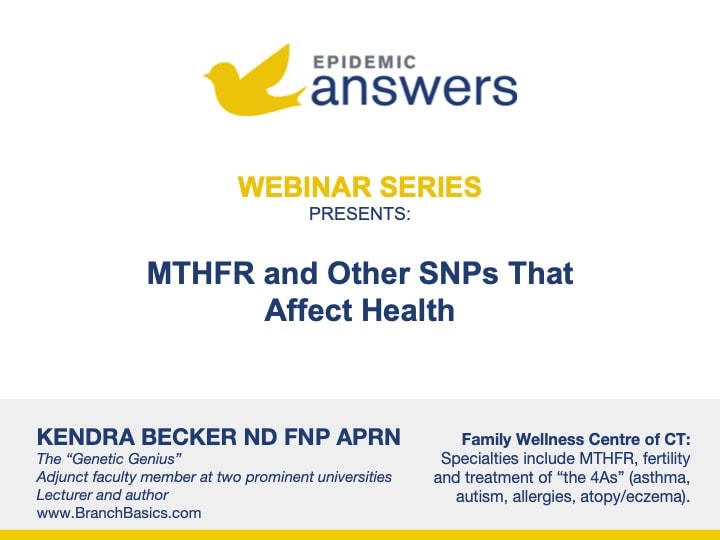- Detoxifying the body
- Producing energy
- Controlling immune function
- Producing neurotransmitters
- Synthesizing proteins
- Repairing DNA
- Controlling homocysteine levels
- Keeping inflammation in check
- Recycling key antioxidants
Identifying single nucleotide polymorphisms (SNPs), which represent genetic differences, is important. Genetic variations are sometimes associated with an individuals’ susceptibility to certain diseases and/or conditions. For example, having defects in the methylation process can affect:
Methylation increases sulphation, which aides in the excretion of heavy metals and the elimination of allergies (environmental and immune). Furthermore, methylation improves the production of glutathione, which is needed to neutralize and excrete both environmental toxins and pathogens out of the body.
Amy Yasko, PhD ND, is credited with pioneering the study of single nucleotide polymorphisms and the methylation cycle, specifically with regards to their effect on such childhood disorders as autism, ADHD, mitochondrial dysfunction and other chronic health conditions.
Yasko’s nutrigenomic testing focuses on identifying variations or weaknesses in biochemical pathways in order to provide nutritional shortcuts or bypasses for genetic mutations that affect health.
SNPs commonly affecting children’s health today include:
- MTHFR
- MTR
- MTRR
- CBS
- SUOX
- COMT
Some of the nutrigenomic tests pioneered by Yasko are now being offered by other laboratories such as www.spectracell.com and www.23andme.com.
Genes Aren’t Destiny
Despite having genetic SNPs and mutations, it’s empowering to know that beneficial diet and lifestyle changes that remove the total load of stressors can have profound impact on improving health symptoms and even cause the silencing of the expression of these genes. To this end, we highly recommend reading Dr. Ben Lynch’s Dirty Genes book, which we have reviewed here.
Still Looking for Answers?
Visit the Epidemic Answers Practitioner Directory to find a practitioner near you.
Join us inside our online membership community for parents, Healing Together, where you’ll find even more healing resources, expert guidance, and a community to support you every step of your child’s healing journey.
Sources & References
Bidwell, L.C., et al. Genetic influences on ADHD symptom dimensions: Examination of a priori candidates, gene-based tests, genome-wide variation, and SNP heritability. Am J Med Genet B Neuropsychiatr Genet. 2017 Jun;174(4):458-466.
Hausman-Cohen, S., et al. Utilizing Genomically Targeted Molecular Data to Improve Patient-Specific Outcomes in Autism Spectrum Disorder. Int J Mol Sci. 2022 Feb 16;23(4):2167.
Hausman-Cohen, S.R., et al. Genomics of Detoxification: How Genomics can be Used for Targeting Potential Intervention and Prevention Strategies Including Nutrition for Environmentally Acquired Illness. J Am Coll Nutr. 2020 Feb;39(2):94-102.
Li, Y., et al. Association between MTHFR C677T/A1298C and susceptibility to autism spectrum disorders: a meta-analysis. BMC Pediatrics. 2020(20)449.
Meng, X., et al. Association between MTHFR (677C>T and 1298A>C) polymorphisms and psychiatric disorder: A meta-analysis. PLoS One. 2022 Jul 14;17(7):e0271170.
Sadeghiyeh. T., et al. Association of MTHFR 677C > T and 1298A > C polymorphisms with susceptibility to attention deficit and hyperactivity disorder. Fetal Pediatr Pathol. 2020 Oct;39(5):422-429.
Way, H., et al. Genomics as a Clinical Decision Support Tool: Successful Proof of Concept for Improved ASD Outcomes. J Pers Med. 2021 Jun 24;11(7):596.
Resources
Books
Lynch, Ben. Dirty Genes: A Breakthrough Program to Treat the Root Cause of Illness and Optimize Your Health. HarperOne, 2020.
Walsh, William J. Nutrient Power: Heal Your Biochemistry and Heal Your Brain. SkyHorse, 2014.
Yasko, Amy. Feel Good Nutrigenomics. Neurological Research Institute, 2014.




